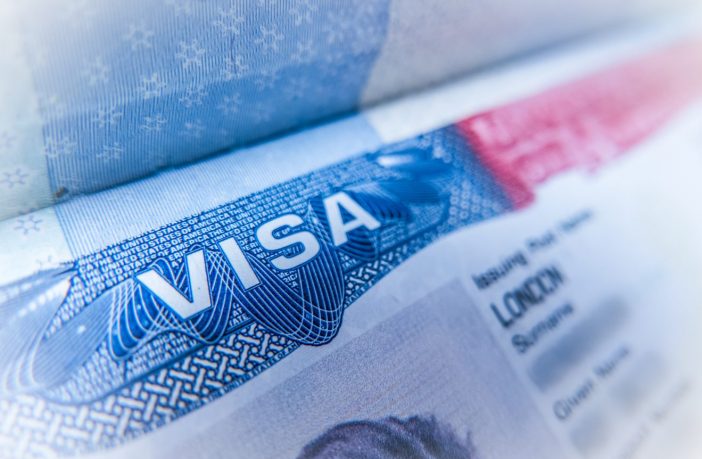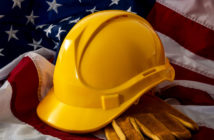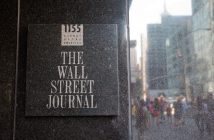President Donald Trump’s order restricting the influx of foreign workers during the coronavirus pandemic is being shredded by his State Department. Which raises the question: Who are these bureaucrats working for?
Less than two months after they were directed to draft regulations barring work-visa holders from U.S. jobs, federal officials exempted eight classifications of foreign workers under a variety of circumstances: H-1B (“highly skilled” workers); H-2B (non-skilled, non-ag workers); H-4 (spouses, usually, of H-1Bs); J-1 (exchange students and scholars); J-2 (spouses and children); L-1A and L-1B (employees of multinational corporations); and L-2 (their spouses and children). H-2A farmworkers were already exempted under earlier rulings.
John Miano, a lawyer with the Immigration Reform Law Institute, said the D.C. bureaucrats “totally eviscerated the requirements” of Trump’s order.
Without elaborating on reasons for the broad “National Interest Exceptions,” an official statement said only that the State Department “worked closely with the Departments of Homeland Security (DHS) and Labor.” Could it be mere coincidence that Acting DHS Director Chad Wolf formerly worked as a lobbyist for NASSCOM, an association of global outsourcing companies?
According to news reports, NASSCOM members include many large Indian-run staffing firms (“body shops”) that provide most of India’s 450,000 H-1B and L-1 workers in the U.S. Based on NASSCOM’s giddy reaction to State’s expansive exceptions, one might wonder whose “national interest” is being served.
American companies have an army of more than 1.3 million foreign workers in a wide range fields. Even as the U.S. unemployment rate remains stuck in double digits, there is no evidence that many H-1Bs have been sent home since losing their jobs in the coronavirus crash. The foreign workers can stay legally because regulations allow jobless H-1B workers to switch their visas to F-1 study visas, and then reactivate their H-1Bs when companies seek to hire them again.
Meanwhile, some 60,000 H-1B holders overseas will try to get into the United States via State Department exceptions. This comes at a time when the administration is quietly forecasting years of dramatically reduced demand for U.S. visas due to the likelihood of a prolonged economic slump.
Prior to the State Department action, FAIR noted that Trump’s proclamation contained its own set of loopholes, exempting current and prospective international students here on F-1 visas. These students (and graduates) remain eligible for employment through the large Optional Practical Training program, which remains unaffected.
“None of these exceptions are needed by foreign workers already in the country,” observed David North of the Center for Immigration Studies. “It’s another indication that the administration seems not to want to inconvenience the private sector by seriously reducing the foreign worker population. “





1 Comment
Pingback: Bureaucrats Churn Work-Visa Restrictions Into Smelly Swiss Cheese – India Inc Blog